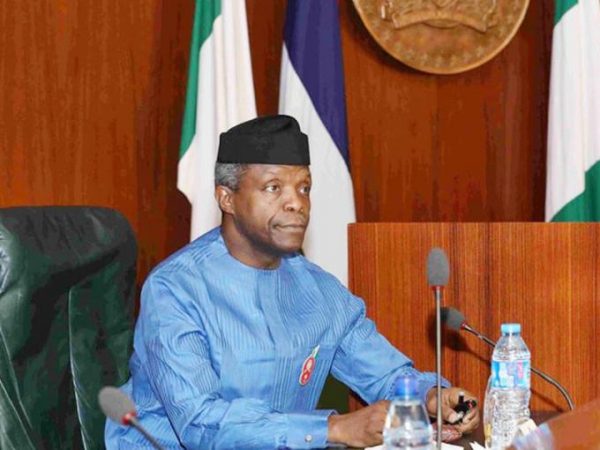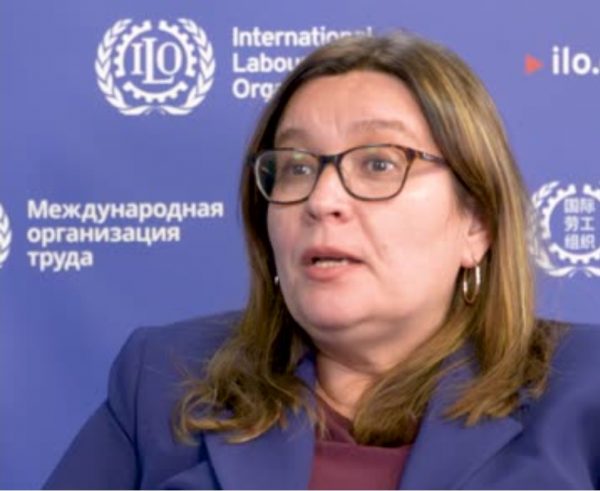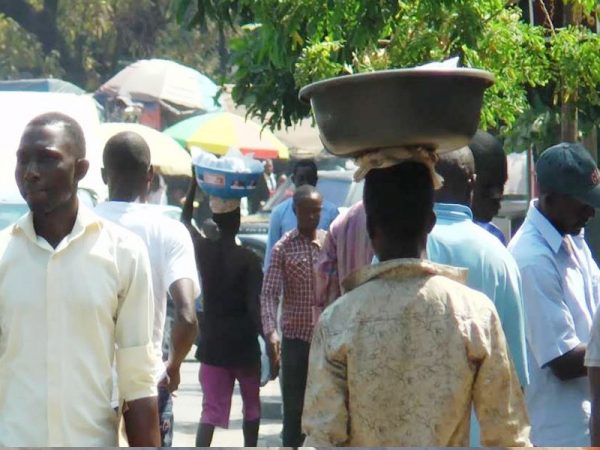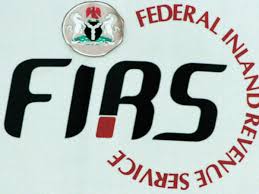Nigeria Not Broke – Finance Minister
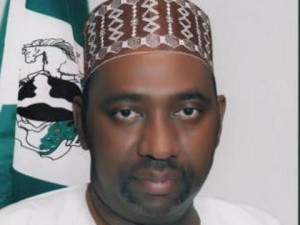
The Minister of State for Finance, Bashir Yuguda, said on Tuesday that the challenges the country’s economy is currently grappling with is not an indication that Nigeria was broke.
Mr. Yuguda, who spoke to reporters at the end of the February meeting of the Federation Accounts Allocation Committee in Abuja, said the situation was a direct consequence of the drop in the price of crude oil, the mainstay of Nigeria’s economy.
“Nigeria is not broke,” Mr. Yuguda declared. “I have spoken to various people on this issue. We have never skipped holding Federation Account Allocation meeting for a month. We have not failed to pay salaries of workers, or missed our payment terms on the bond we raise in Nigeria. I do not know the issue about the country being broke.”
The minister was reacting to insinuations that the FAAC meeting earlier scheduled for last week was postponed till Tuesday this week because the Federal Government was broke, as the Federation Account did not hold sufficient money to take care of the monthly revenue sharing among the three tiers of government.
He challenged those claiming the country was broke to come up with hard facts and figures about “what they mean for a country to be broke”, as “nobody has depleted our foreign reserves.”
“If not for the devaluation of the Naira, nobody has taken out all the money the country has in excess crude account. Nobody has said we have wiped out what we were able to save through the sovereign wealth fund. Nigeria is working. States are getting their money. There are challenges on the revenue stream coming in from one source – the oil sector. And we are trying to improve the revenue stream from to the non-oil sector.
He said the government was doing its best to improve the revenue stream, adding that the economy was resilient and strong.
“The mere fact that multinationals are coming in to invest in the economy through foreign direct investment was enough to tell anybody that Nigeria is not broke. No investor will come if they know that the economic indices are all negative.”
The minister said that the ratings agencies have rated Nigerians banks as strong, explaining that this was one key indices of the strength of any country’s economy.
“Our banks are among the top 30 in the world. Those who are saying Nigeria is broke are either mischievous, or they are trying to score some political points out of nothing. We are here to prove that. As a government, we are working. The economy is working. We are not there yet. But, we are getting there,” he said.
The devaluation of the Naira, which most people based their views about the parlous state of the economy, the minister explained, involved both local and international factors, particularly the price of crude oil.
“With oil sold in U.S. dollars, the amount of money that comes to the country at this time has been dwindling as a result of the value of the Naira,” he said.
According to the minister, what government was doing through the Central Bank of Nigeria at the moment was to take steps to reduce the pressure on the Naira, as a result of the speculative activities of the private sector for foreign exchange for their businesses.
He said government was committed to the diversification of the country’s economic base to refocus the economy away from complete reliance on imports, to shield the country from the shocks from unpredictable movements in oil prices.




